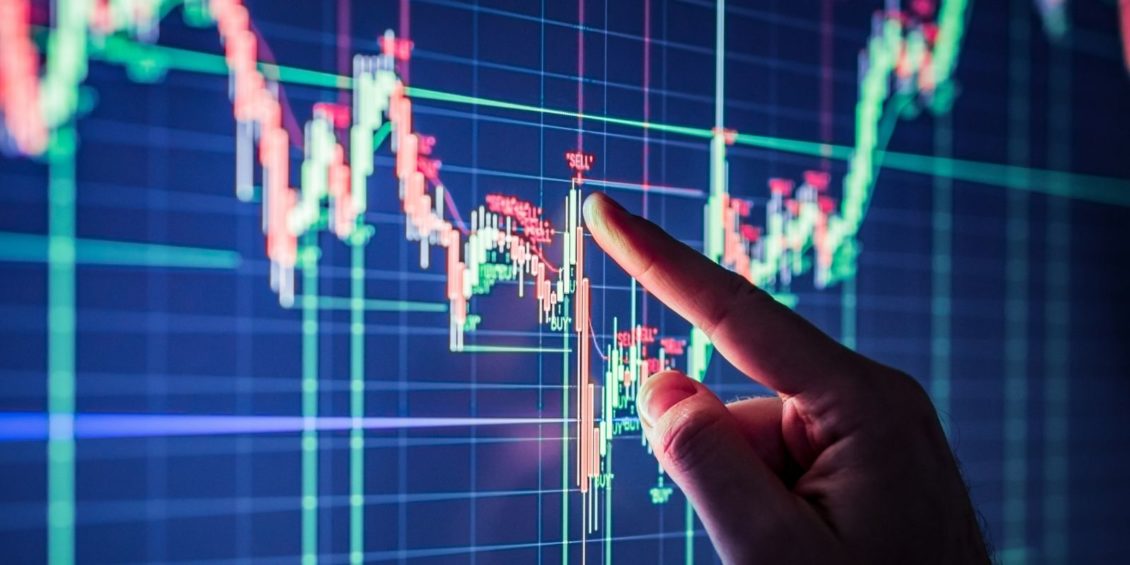Global stocks led the way higher in the markets for the seventh time in the previous eight sessions, despite the Fed’s rate rise. Progress in the Russia-Ukraine peace negotiations and remarks on the economy by the US Federal Reserve all contributed to the uptick in sentiments.
Nifty climbed 1.8 percent or 302 points to 17,276 points, while the Sensex surged 1.82 percent or 1,033 points to 57,875 points. A total of roughly 9 percent has been gained by both the Sensex and the Nifty since March 7.
Among other worldwide markets, the Heng Seng Index jumped 4%, the Nikkei Index rose 3%, the Kospi Index rose 1.8%, the ASX 200 Index in Australia increased by 1.4%, and the Shanghai Composite Index grew by 1.2%.
The US Federal Reserve raised interest rates by 25 basis points, which was in line with predictions. All six of the Fed’s remaining meetings this year are expected to include rate increases. In light of the Federal Reserve’s recent assessment that the US economy is robust enough to withstand the current war against rising inflation, global stock markets have gained. It is worth mentioning that more and more people started to create a trading account, which is one of the reasons that made the stock market expand. Due to the Fed’s aggressive outlook, that calls for six more rate increases this year, S&P 500 and Nasdaq each register gains of 2.24 percent and 3.7% was rather unexpected. According to Dr. VK Vijayakumar, Chief Investment Strategist at Geojit Financial Services, “the American economy is quite strong and well-positioned to manage tighter monetary policy,”.
How To Invest During The War
The first quarter of 2022 has been a challenging time for investors. The S&P has fallen more than 8.5 percent year-to-date as a result of strong inflation, demands for the Fed to increase interest rates quicker than expected, and the drop of some of the market’s largest equities.
Russia’s full-scale invasion of Ukraine, which might be the worst global crisis since World War II, has sent stock prices down.
Late last week, it was disclosed that Russia had gathered roughly 190,000 soldiers near the Ukrainian border.
Russian President Putin finally acknowledged the independence of Donetsk and Luhansk. As part of a “peacekeeping mission,” Putin sent Russian soldiers to these areas, which many Western officials saw as a prelude to an invasion.
That apprehension turned out to be justified after all. Vladimir Putin said early Thursday morning that Russian forces will commence a “special military operation” in Ukraine, just as bombings started in Ukrainian towns.
What Does Russia-Ukraine War Mean For The Markets?
Even though Russia and Ukraine have been at loggerheads for years, the latest military action is increasing the danger of a lengthy war in Ukraine, which might have an effect on financial markets and the world economy. Even while geopolitical crises like the one between Russia and Ukraine might briefly roil markets, history suggests that they don’t often have long-term effects on investors.
Asset Allocation Research Team member Dirk Hofschire states, “In general, these sorts of crises tend to have a big and persistent influence on global financial markets only if they have a prolonged macroeconomic impact on major nations.”
David Bridges, Fidelity’s geopolitical risk analyst and author of a new book on geopolitical risk, says investors should not rule out increased volatility in the days and weeks ahead. It’s unlikely that the disagreement will be settled shortly. Uncertainty will only increase with the deterioration of communication about what’s occurring in Ukraine, according to one analyst.”
Russia’s response to sanctions on its financial interests and limits on exports of technology utilized by the Russian military is expected to affect the economy and markets.
Based on where you live, the effects of the battle will be different. The European Union and its energy-dependent nations, such as the Baltics and Poland, are likely to face greater challenges than their less Russian-dependent counterparts. Winter heating in Europe relies heavily on Russian gas, which is already expensive for European consumers and companies. Russia’s natural gas is not easily replaced in Western Europe, especially Germany.
According to Hofschire, the Russia-Ukraine war raises doubts about Europe’s economic growth. Although this causes some concern for the world economy, he claims that the US economy is generally unscathed by the fight. Due to rising energy costs, the impact on individual investors and consumers in the United States is anticipated to be inflationary.
The most significant effect on Russian equities, bonds, and currency is seen from an investment perspective. Oil and gas prices may help North American energy businesses, which have seen their equities rise in value over the last year if they rise further.








Leave a Reply
View Comments